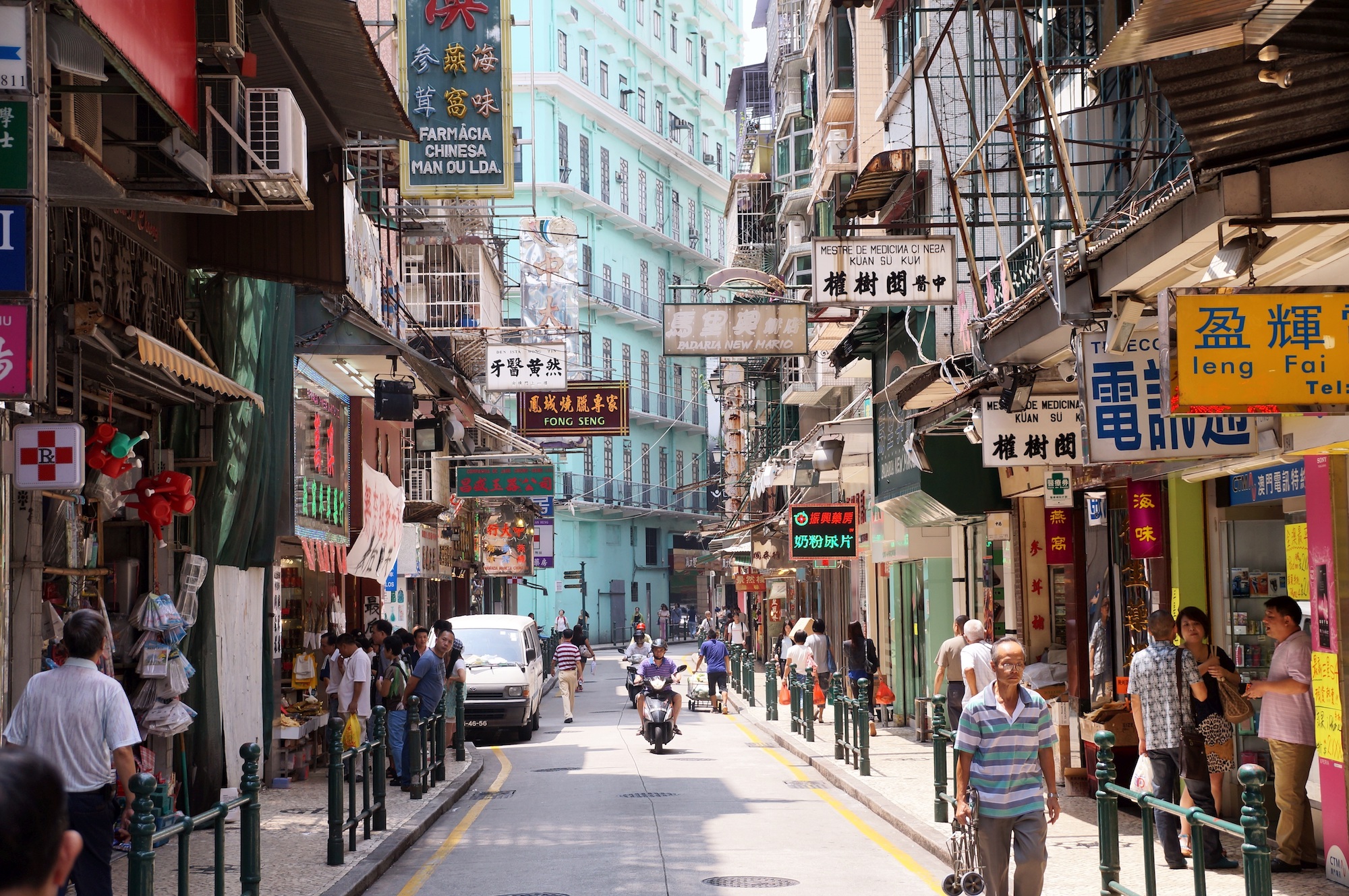Local businesses suffer as more residents choose to shop and eat on the mainland Link copied
The opening of borders has reportedly unleashed the pent-up desire of Macao’s residents to enjoy all that Guangdong has to offer, creating headaches for local retailers and restaurateurs.

The lifting of travel restrictions after the Covid-19 pandemic has brought a huge influx of mainland Chinese visitors in a boon to the local hospitality sector. But open borders work two ways, and as more and more Macao residents head to mainland China for shopping and leisure, retailers and other small businesses in Macao’s residential districts are struggling.
That’s according to an interview given to Jornal Tribuna de Macau by Fong Kin Fu, director of the Federal General Commercial Association of Macau Small and Medium Enterprises.
Competing with the bright lights of Zhuhai, or other mainland cities, isn’t the only worry faced by neighbourhood businesses that rely on residents, not tourists, in order to make ends meet.
“After the pandemic, many landlords opted to raise rents, when shopkeepers were still dealing with reduced business and the need to resort to wage increases to attract labour,” Fong told Tribuna.
[See more: The surge in tourist numbers is leading to complaints from residents]
He said that “the departure of residents to visit, shop and eat in Guangdong”, was weakening the local market, and pointed to the mainland’s modern environment, huge range of shopping and dining choices, and other conveniences as a potent lure to Macao residents unable to visit the hinterland for the past three years.
Fong also told Tribuna that the trend was for residents to “go as a family, including the elderly” further increasing their spend in the mainland – and reducing it in Macao. The upshot, he said, is that business for many local retailers is even worse than it was during the pandemic.
He called on “economists, authorities, civil society and businesses” to help make Macao’s older residential districts more appealing to tourists, so that the economic benefits of the increase in visitors could be spread more evenly around the city.
“The consumer model is changing,” he said, adding that solutions would only be found by making a “deep approach.”